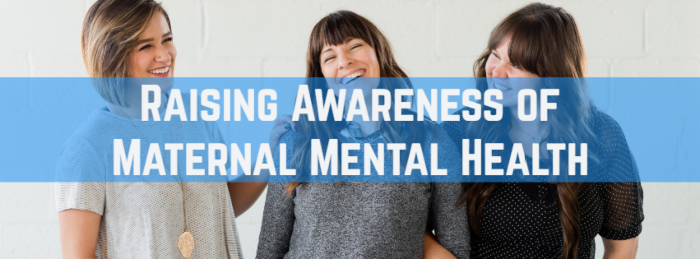Raising Awareness of Maternal Mental Health
|
|
|
|
Author: Paula Beck, HR Business Partner for PACT HR Date: 12th May 2021 Maternal Mental Health Awareness Week is a week-long campaign dedicated to talking about mental health problems during and after pregnancy. Join us as we take a retroactive look at the week and how you can support your colleagues. It’s important to mothers and businesses that we raise awareness of mental health problems, change attitudes and help families access the information, care and support they need to recover. This year’s theme is ‘Journey’s to Recovery.” Returning to work after maternity leave can be a stressful time for new mums and many may experience feelings of dread, sadness and guilt. But it is less known that one in ten mums will also be suffering from postnatal depression or another mental health problem which may require professional support. A recent survey by the National Childbirth Trust (NCT), the UK’s leading charity for parents, found that mothers are not given enough support when returning to work. A poorly managed reintegration back into the workplace and lack of support can have a detrimental effect on a woman’s wellbeing. The survey concluded that the line management relationship is crucial to a smooth transition back to work. How can you support your employees mental wellbeing when they return from maternity leave? A successful return to work may include:
In conclusionThere is no ‘one size fits all’ approach but its’s essential to create a positive supportive culture surrounding maternity leave and employees return to work. Should you require advice/support in relation to any of the above please contact your PACT HR Business Partner for support with help supporting your staff manage their mental health and wellbeing through maternity. For more info on how we can support your colleagues and teams, please contact the PACT HR helpdesk on 01274 436644 or email us at info@pact-hr.co.uk for more details. |
